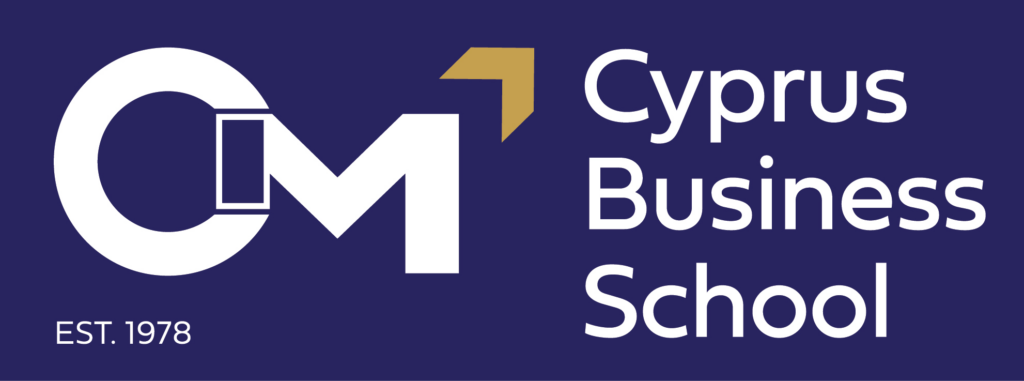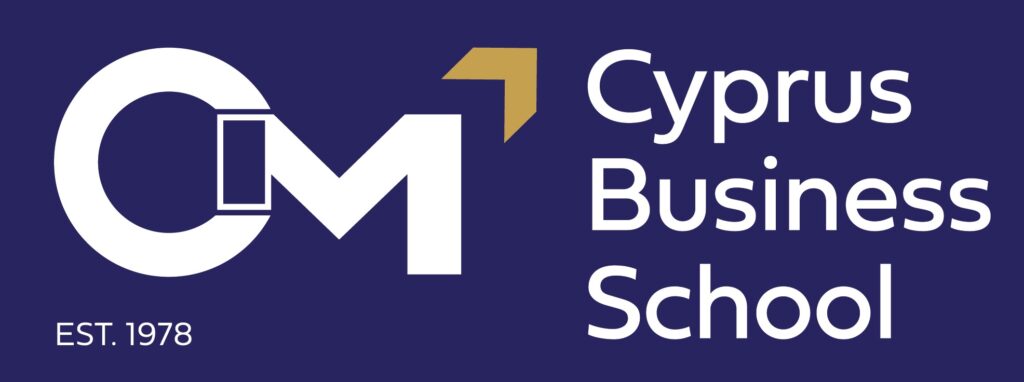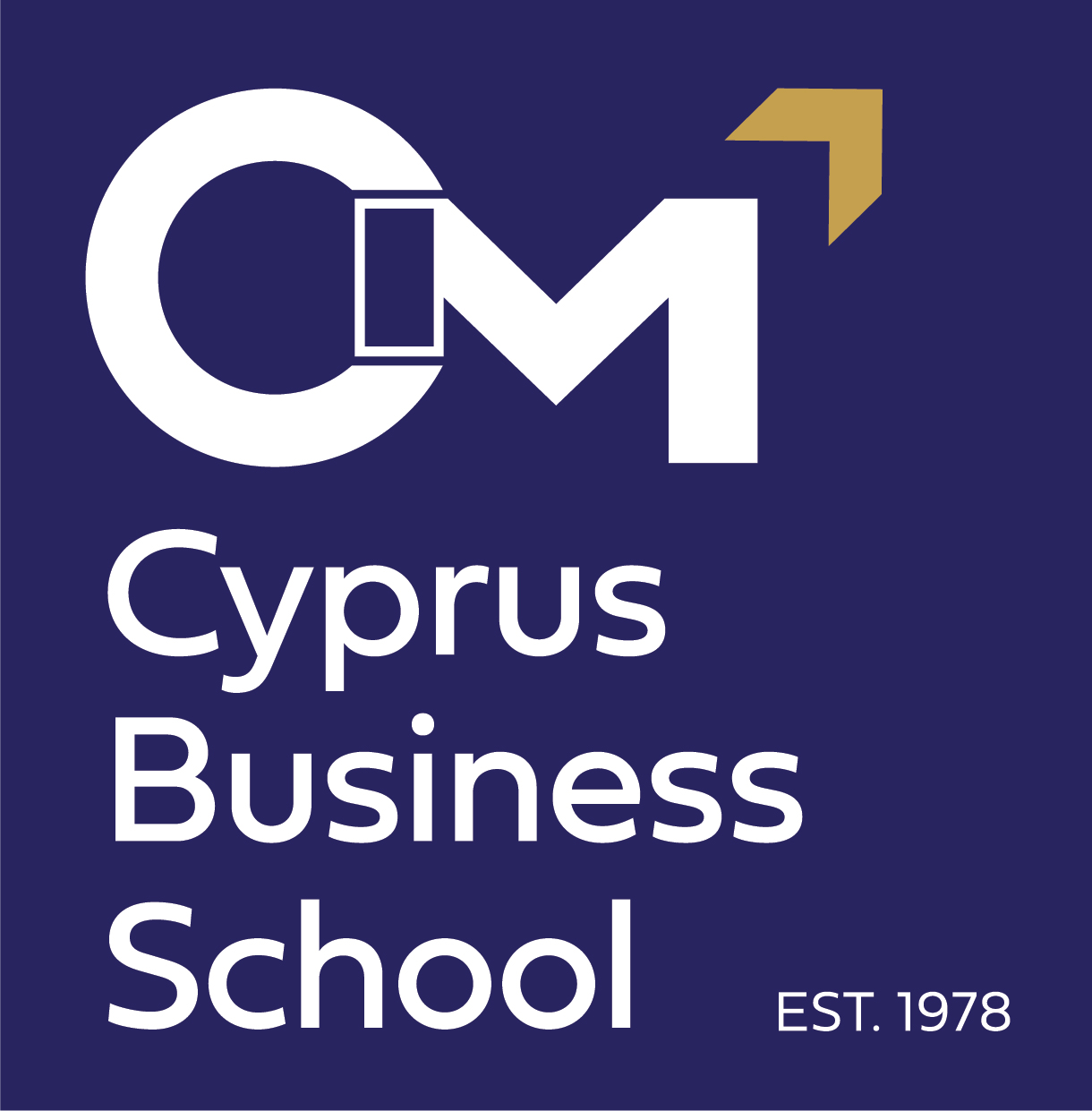Master of Business Administration (MBA) with Shipping
(14 Months FT/24 Months PT)

What is an MBA?
Why the CIM MBA with Shipping?
The course delivers a comprehensive integrated overview of the core subjects essential to a thorough understanding of Business Administration and Shipping Management. Specifi cally, the course aims to develop the generic business skills required by managers working in the maritime business; to develop critical analytical skills and apply them to the challenges they continually meet. The interdisciplinary nature of the programme prepares students as future professionals who can function effectively in the complex business environment of the global marketplace. The diversity of supporting activities within the highly dynamic trade and maritime industry and its various sectors, consisting of many hundreds of large, medium, and small fi rms, makes this choice possible.
Course Objectives
- Develop and improve the intellectual skills necessary to contribute to developing strategies for the direction of international transport and trade;
- Become familiar with the main theories and practices of international shipping, transport and trade;
- Learn to describe and critically analyse the structures and institutions of managing and organizing sea transport;
- Be able to grasp the importance of the economic and regulatory institutions and practices of trade and transport.
Recognition
Outcomes
- To demonstrate a comprehensive knowledge and understanding of the structures, processes and institutional practices of trade and shipping in the global marketplace.
- To act as fully developed professionals who are capable of developing, implementing, and promoting activities relevant to international trade and shipping management, as well as the interaction of these with the world economic and fi nancial systems.
- To demonstrate appropriate knowledge, research background and tools.
- To establish collaborative networks with other universities for the promotion of research and academic dialogue through student and academic staff exchange programs, as a means of acquiring experience, achieving effective exploitation of research results, good practice examples and innovation.
- To strengthen the communication and information-exchange channels among working groups, universities and other centres who study trade and transportation issues, locally, peripherally, and globally.
Commencement
Classes commence in October. The academic year runs from October to May, when the final exams take place. From June onwards, students work on their dissertation, which must be submitted in October.
ECTS
Weekly Hours Taught
Dissertation or Company Research Project

Students have an option between a Dissertation and a Company Research Project. The Dissertation must be of satisfactory standard and must contain original research work. Students may be required to present and defend their work to an examining panel. The 10,000-word dissertation is a major part of the MBA with Shipping and a student not submitting an up-to-standard thesis will not be awarded the degree. The Dissertation must be on a pre-agreed topic (agreed with the student’s tutor) and should have a research bias. Students are expected to begin work on their Dissertation once exams are over in June. They must submit their work by the end of September of the same year. Students are allocated a tutor, who assists them in the early stages of research in June. The Institute encourages students to undertake studies that are of a current concern to a real organisation, preferably their own if employed.
The Company Research Project allows students to apply classroom-taught knowledge and analytical research to solve a strategically significant issue that is highly relevant for business. It aims to enable students to demonstrate their ability to identify and solve challenging business problems through the identification of relevant information, the collection and analysis of data and the sharing of information in informative formats and contexts. The objective of the Module is to facilitate the development of a coherent business project that shows detailed knowledge of a topic relevant to Management and Shipping and to use the skills and insights gained during their studies to help solve a clearly defined problem and make a useful contribution to the existing academic and professional knowledgebase.
The Company Research Project is therefore one of the means through which has the opportunity to develop and demonstrate the power of rigorous analysis, critical enquiry, independent judgment and clear expression.

Admission Requirements
- A Recognised Bachelor Degree
or equivalent
AND
- 2 years of work experience
AND
- IELTS 6.5 or equivalent

Duration
(14 months FT/24 months PT)

Accreditation
Accredited by the Cyprus Quality Assurance Agency and recognised by KYSATS. Accredited by the Institute of Chartered Shipbrokers (ICS)
Strategic Partners
- Guest Lecturing
- Material to students/lecturers
- Awards for Top-Performing students
- Internship and Work Opportunities
- Master Consulting Projects


Compulsory:
2. Organisational Behaviour (12 ECTS) – Yearly
3. Research Methods (12 ECTS) – Yearly
4. Maritime Economics (6 ECTS) – Term 2
5. Finance & Accounting (6 ECTS) – Term 1
6. Maritime Law (6 ECTS) – Term 1
7. Marine Insurance (6 ECTS) – Term 2
Optional (1 out of 5):
9. International Trade – Yearly
10. Entrepreneurship & Innovation – Yearly
11. Shipping Finance – Yearly
12. Maritime Logistics – Yearly
Module Aims
Subjects (Compulsory & Optional)
This course aims to analyze the role of maritime
economics in the economy, trade, society, and
general welfare. Students will be familiarized
with the evaluation and application of the basic
variables of supply and demand for ships and
shipping service, as well as the application of
these variables in the process of freight rate
determination. Furthermore, this module will equip
the students with knowledge and tools to conduct
relevant and theoretically sound analyses of
shipping markets – and have the ability to provide
qualified explanations of the trends and cycles in
these markets, together with making predictions of
the future development of the markets.
The module aims to enable students to understand
the principles and most common techniques that
underlie financial and management accounting.
Moreover, they will develop an in-depth knowledge
of managerial uses and limitations of accounting
data, and techniques of financial analysis.
Assessment
All subjects have 2 components for assessment:
– Two Assignments worth 40% (January & April)
for Yearly Subjects
– One Assignment worth 40% (December or April)
for Term Subjects
– Final Examination worth 60% (January or June)
The pass mark is 50%
Note 1: The module of Research Methods is assessed solely by the Research Proposal
Note 2: Some Assignments can be in the form of Group work followed by a Presentation and Self-Reflective Report
Share to:



